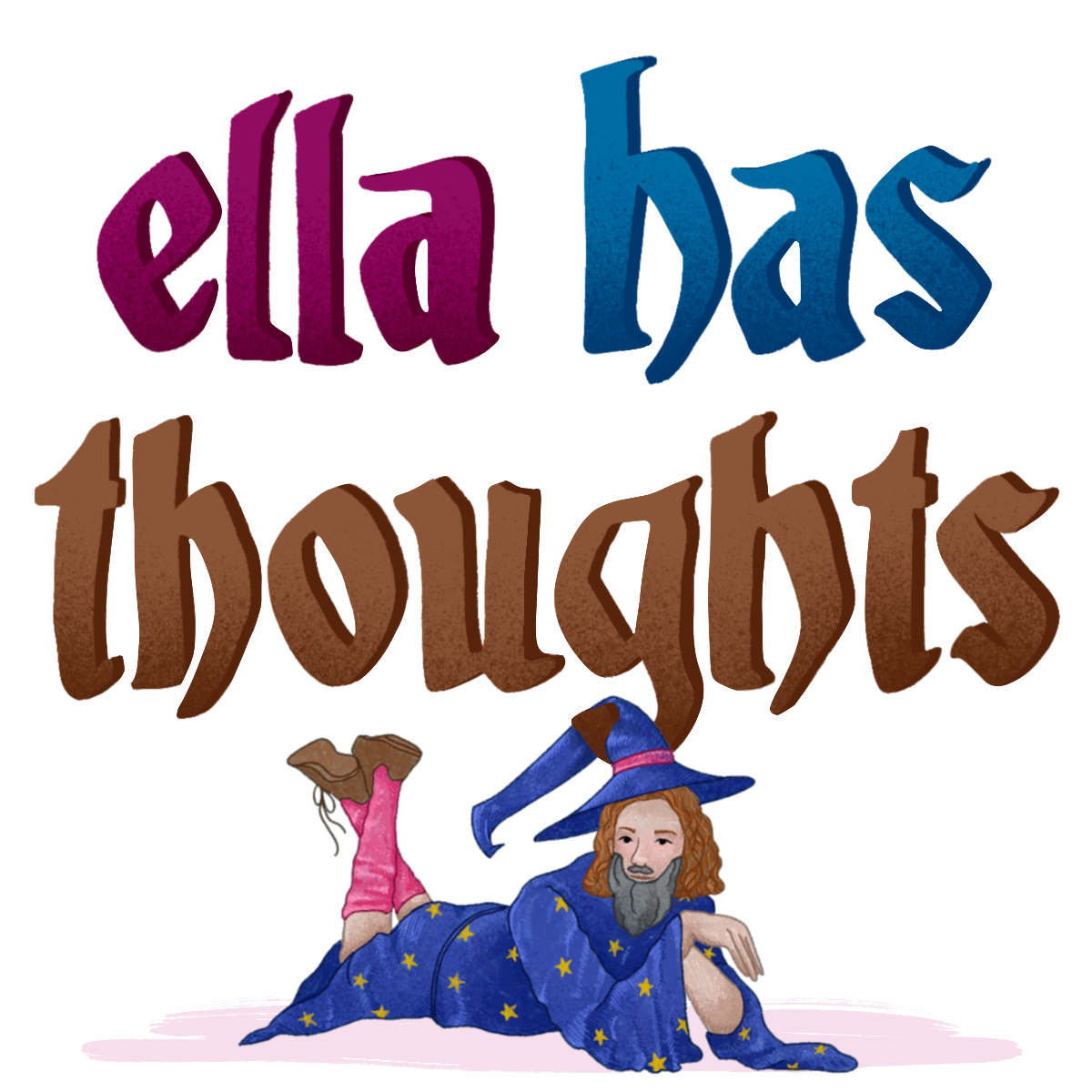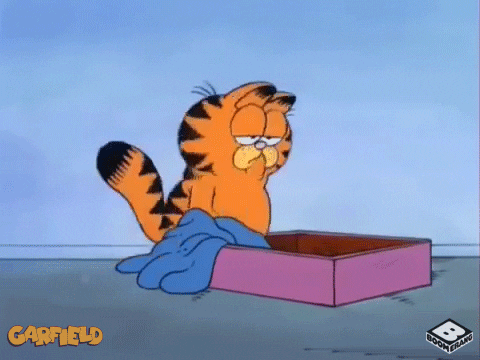The Ableist Narrative of Toxic Perseverance
Disability, Perseverance, Heroism, and GeekDis.
Unfortunately, some problematic representations and narratives can be quite sneaky and insidious, easily overlooked for the empowerment that they’re promising. The specific narrative I’m talking about today is the narrative of pushing through, of overcoming, of gritting one's teeth and getting on with things.
In critical conversation with two of my good friends about this narrative, one of them raised the question of what this is called, making the point that it's a pretty common narrative in fiction even unrelated to characters and stories centering disabled folk. For the purposes of this essay which does centre on disability, I’ll be exploring it under the name "toxic perseverance", for I believe that covers the basics: the unhealthy persistence of doing something that is detrimental to oneself and one’s body.
Toxic perseverance in fiction is not inherently problematic. If it shows up in a book and is criticised, problematised, or questioned, I’m okay with giving it the benefit of the doubt and believing that the author doesn’t actually think that it’s the answer to everything. However, when it shows up in fiction and does go unproblematised, such as in Rebecca Yarros’ “Fourth Wing”, that’s when the lines get blurry and the representation sours for me, personally.
When we look at the narrative Rebecca Yarros created and break it down into a basic premise, we get this: A young woman named Violet, who has EDS (or a similar disability unnamed in the text), is forced to enter a military training school that requires her to do multiple high-intensity and high-impact activities every day, such as sparring, exercise, and dragon riding.
While Fourth Wing does not utilise the “magical cure trope”, it did seem to have Violet magically do almost everything her able-bodied companions (and enemies) do through ✨toxic perseverance✨ that goes completely unproblematised or critiqued. In fact, I would argue that the narrative endorses it by rewarding Violet often with either success or zero consequences.
I say magically here for parallelism, and because it feels like a miracle she could function the way she did for months on end.
“Then I forget the agony in my hands, the throbbing of my shoulders, and the twinge in my knee from landing wrong after the pillars. I block out all the pain, lock it behind a wall like I’ve done my entire life, and focus on the ramp as though my life depends on making it.” - Fourth Wing
Unfortunately, in the real world, there is a very real, harmful, and problematic belief that if disabled folk aren’t able to do something, they must not be trying hard enough. As someone who lives with EDS and neurodivergence, I can’t count how many times I’ve gone to medical professionals and explained my symptoms only for them–the people I’m entrusting my care and wellbeing to–to tell me I “just need to try harder” or “just need to push through”. To see this kind of attitude reflected in a fantasy novel, one of the first I’ve ever seen that claims to represent a body and a disability like mine and see it not be questioned or critiqued, but held up as “good” rep, makes me uncomfortable.
…
Want to read more about the ableist narrative of toxic perseverance? Find the rest of this essay over at GeekDis!
I had the pleasure of contributing to GeekDis this year, where you can read the rest of my essay and more guest posts throughout the month of July for Disability Pride Month. Thank you to Heather for publishing my essay and giving me a chance to share my thoughts 😊

